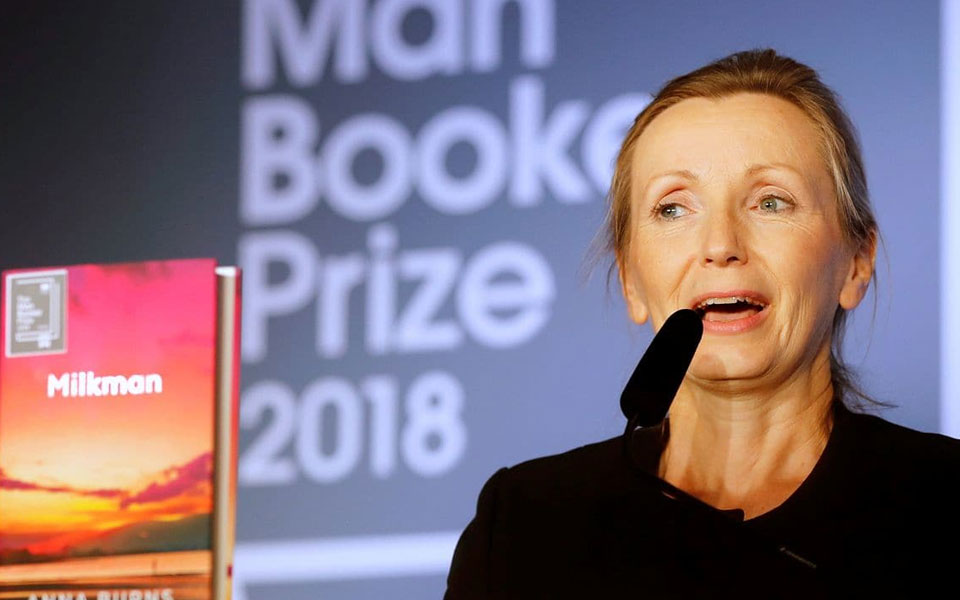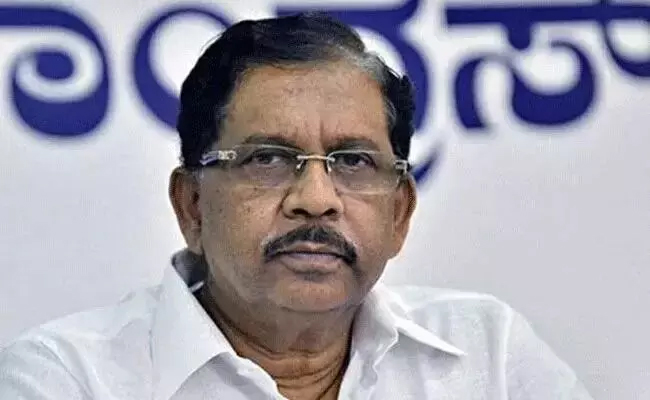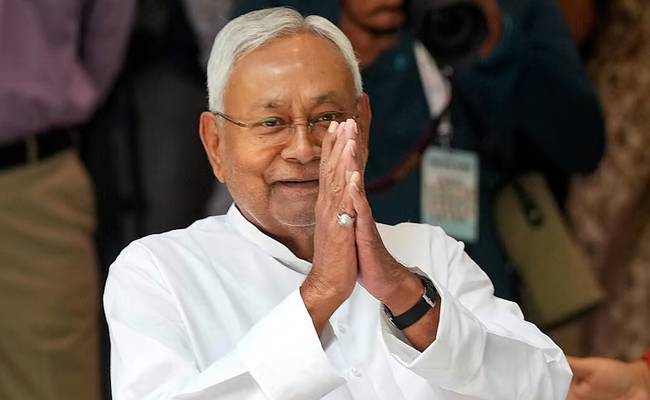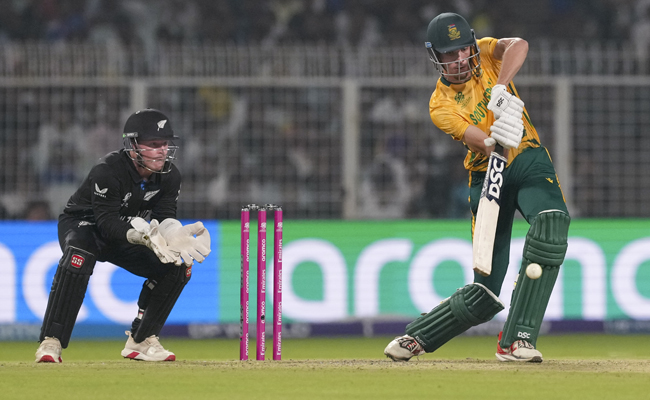London, Oct 17 : Author Anna Burns has won the Man Booker Prize for her novel 'Milkman', becoming the first author from Northern Ireland to win the most prestigious English-language literary award.
Burns, 56, who was born in Belfast, is the 17th woman to bag the award in its 49-year history and the first woman since 2013. It was her third novel.
'Milkman', a coming of age story of a young woman's affair with a married man set in the political troubles of Northern Ireland, was named the winner at a lavish awards ceremony here on Tuesday night.
"None of us has ever read anything like this before. Anna Burns' utterly distinctive voice challenges conventional thinking and form in surprising and immersive prose," said Kwame Anthony Appiah, the chair of the 2018 judging panel.
"It is a story of brutality, sexual encroachment and resistance threaded with mordant humour. Set in a society divided against itself, 'Milkman' explores the insidious forms oppression can take in everyday life," he said.
The recipient of the Man Booker Prize gets 52,500 pounds (USD 69,223 or Rs 50.85 lakh).
Burns, who lives in East Sussex in England, saw off competition from two British writers, two American writers and one Canadian writer.
Set in an unnamed city, 'Milkman' focuses on a "middle sister" as she navigates her way through rumour, social pressures and politics in a tight-knit community.
Burns shows the dangerous and complex impact on a woman coming of age in a city at war. Unusually, in the book, the characters have designations rather than names.
Burns explains: "The book didn't work with names. It lost power and atmosphere and turned into a lesser or perhaps just a different book.
"In the early days I tried out names a few times, but the book wouldn't stand for it. The narrative would become heavy and lifeless and refuse to move on until I took them out again. Sometimes the book threw them out itself".
Her novel beat competition from 'Everything Under' by Daisy Johnson, who, at 27, was the youngest nominee in the Man Booker prize history.
The other nominees were 'The Long Take' by Robin Robertson, 'Washington Black' by Esi Edugyan, 'The Mars Room' by Rachel Kushner, and 'The Overstory' by Richard Powers.
'Milkman' is published by Faber & Faber, making it the fourth consecutive year the prize has been won by an independent publisher.
Burns' win was announced by Kwame Anthony Appiah at a dinner at London's Guildhall. She was presented with a trophy by Camilla, the Duchess of Cornwall, and a 50,000 pounds cheque by Luke Ellis, Chief Executive of Man Group.
The winning author also receives a designer bound edition of her book and a further 2,500 pounds for being short-listed.
"We are honoured to support the Man Booker Prize for the sixteenth year, as it continues in its fiftieth year to champion literary excellence and the power of the novel on a global scale," Ellis said.
Appiah, a British-born Ghanaian-American novelist, was joined on the 2018 judging panel by crime writer Val McDermid; cultural critic Leo Robson; feminist writer and critic Jacqueline Rose; and artist and graphic novelist Leanne Shapton.
The judges considered 171 submissions for this year's prize.
Let the Truth be known. If you read VB and like VB, please be a VB Supporter and Help us deliver the Truth to one and all.
Bengaluru (PTI): Karnataka Home Minister G Parameshwara on Wednesday said that the police have booked a case against those who took out a protest march in the city recently, without permission, condemning the killing of Iranian Supreme Leader Ayatollah Ali Khamenei.
A large number of Shia Muslims gathered in Richmond Town on March 2 to mourn Khamenei's demise and held a protest march.
"A section of the minority community has accepted Khamenei as their religious leader. When he died, naturally they felt the pain and expressed it. But it should have happened within the framework of the law of the land. They had not sought any permission for the procession and no permission was given," Parameshwara said in response to a question.
Speaking to reporters here, he said, "They went ahead with the procession. So, the police have taken action by registering cases against them. In the days ahead, we will not let them hold any processions. As there are court orders not to permit any procession in the city, it can be done at Freedom Park if needed. The government is strictly abiding by the court orders."
Responding to a question about a Congress legislator also being part of the protest march, the home minister merely said, "We will strictly follow the rules."
Khamenei was killed in an airstrike in Tehran on Saturday during a joint Israel-US attack on Iran.





